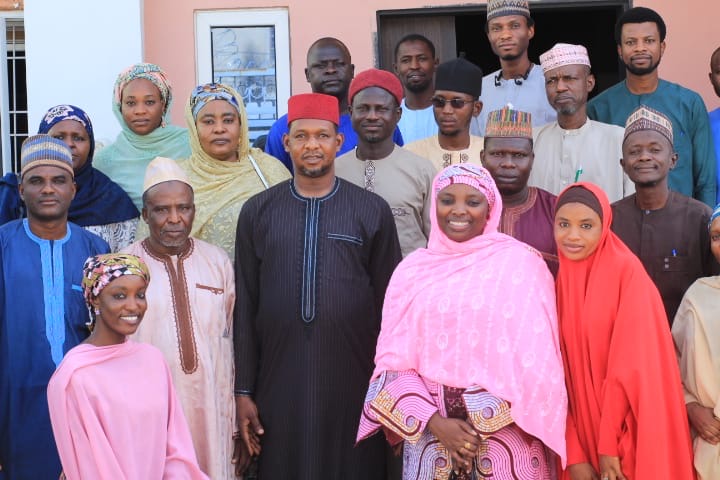The Centre for Information Technology and Development (CITAD) has launched the inaugural edition of its Digital Tech Policy Forum to deliberate on the need for a national Artificial Intelligence (AI) policy framework in Nigeria.
The event, held in Kano under the theme “Towards a National AI Policy,” brought together academics, policymakers, and technology professionals to discuss ethical, governance, and infrastructural challenges shaping the country’s digital future.
In his opening remarks, CITAD’s Executive Director, Malam Yunusa Zakari Ya’u, said the Forum was designed to foster continuous dialogue between policymakers, academia, and civil society on emerging digital issues.
“Our goal is to ensure that technology policy in Nigeria is not reactive but proactive,” Ya’u said. “This Forum will serve as a bridge between research and policy, ensuring that innovations like AI are guided by ethics, inclusivity, and human-centered values.”
He noted that the Forum would hold monthly to address critical digital policy issues, adding that a robust and inclusive national AI policy was key to building public trust in technology-driven governance.
Discussions at the Forum highlighted several challenges, including the absence of a national AI policy, infrastructure deficits, ethical risks in academia and media, and concerns over data privacy and algorithmic bias.
Head of the Department of Computer Science at Bayero University, Kano, Dr. Hadiza Umar, said the rapid spread of AI technologies in Nigeria demands urgent policy intervention.
“AI is transforming every sector—from education to health and agriculture—but without regulation, it can also deepen inequality,” she said. “We need a roadmap that balances innovation with accountability.”
Also speaking, Engr. Rabi’u Haruna, former Chairman of the Kano Chapter of the Association of Professional Bodies of Nigeria (APBN), stressed the importance of collaboration among government, academia, and industry stakeholders.
“Policy without professional input will not work,” he said. “The government must listen to experts and practitioners if we truly want an AI ecosystem that serves Nigerians rather than exploits them.”
On her part, Dr. Sanah Abdullahi Mu’az of the Software Engineering Department, Bayero University, cautioned against the misuse of AI tools in education.
“We are already seeing AI-enabled plagiarism among students,” she said. “Universities must adopt clear AI-use policies to protect the integrity of academic work while encouraging responsible innovation.”
Adding a policy dimension, Dr. Yusuf Ibrahim Kofar Mata, Kano State Commissioner for Information, Science, Technology and Innovation, disclosed that the state government had initiated a new project to develop a Hausa-language AI chatbot.
“This initiative is about taking AI to our grassroots,” he said. “We are building a tool that farmers, students, and traders can use in their own language to access vital information on health, education, and commerce.”
He also pledged that the Ministry would assign a permanent representative to the Forum and set up a dedicated committee to align AI policy discussions with state planning efforts.
By the end of the meeting, participants agreed that Nigeria must shift from being a passive consumer of foreign AI technologies to an active innovator and regulator in the global AI ecosystem.
“The future of AI in Nigeria,” Ya’u concluded, “depends on our ability to build policies that are not just about technology—but about people, trust, and shared prosperity.”


